Ein Rührstück auf dem Minenfeld der Wahrheiten
von Deborah Zoe Laufer
A melodrama on the minefield of truths | by Deborah Zoe Laufer
Die erste deutschsprachige Produktion am ETB | IPAC (natürlich mit englischen Übertiteln): EIN/VERSTÄNDNIS von Deborah Zoe Laufer, die achte Produktion im Rahmen unserer SCIENCE & THEATRE-Reihe.
The first ever German-language production at ETB | IPAC (With English surtitles, of course) : EIN/VERSTÄNDNIS by Deborah Zoe Laufer, part 8 of our SCIENCE & THEATRE series.
So langsam ist alles bekannt. Unser Genom erzählt vieles darüber, wo wir herkommen und weiß einiges von dem, was uns erwartet. Was also wollen wir tatsächlich wissen? Was wollen wir der Wissenschaft zugestehen? Und brauchen wir Religion und Mythen noch?
It is slowly starting to seem like we know everything. Our genome says a lot about where we come from and also has a notion about what awaits us. What do we actually want to know? What do we want to allow science to do? And do we still need religion and myths?
Eine junge Genetikerin forscht mit einem Stamm der Native Americans im Grand Canyon nach den genetischen Ursachen von Diabetes. Im Übereifer nimmt sie wenig Rücksicht auf die Interessen des Stammes und stößt dabei an die ethischen Grenzen der Wissenschaft. Und auch in ihrer Familie wird sie mit heftigem Widerstand konfrontiert, als sie Gentests an ihrer eigenen Tochter durchführen will.
A young geneticist conducts research into a tribe of Native Americans in the Grand Canyon in search of the genetic causes of diabetes. In her excitement, she fails to take the interests of the tribe into consideration and finds herself at the ethical crossroads of science. She also experiences tremendous resistance in her own family when she seeks to conduct gene tests on her daughter.
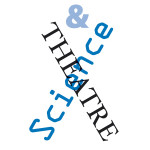 Deborah Zoe Laufer verknüpft in ihrem Stück einen historischen Fall – ein Paradebeispiel für die Missachtung der sogenannten ‘Informierten Zustimmung’, der von Information und Aufklärung getragenen Einwilligung der Betroffenen in Forschungstest – mit dem ganz persönlichen Kampf einer Wissenschaftlerin gegen unterschiedliche Interessen, aber auch gegen den Verlust des Gedächtnisses.
Deborah Zoe Laufer verknüpft in ihrem Stück einen historischen Fall – ein Paradebeispiel für die Missachtung der sogenannten ‘Informierten Zustimmung’, der von Information und Aufklärung getragenen Einwilligung der Betroffenen in Forschungstest – mit dem ganz persönlichen Kampf einer Wissenschaftlerin gegen unterschiedliche Interessen, aber auch gegen den Verlust des Gedächtnisses.
In her play, Deborah Zoe Laufer connects an historic case, a perfect example of non-compliance with so-called “informed consent”, which is the permission provided by the subject of the research test on the basis of having received sufficient information, with the very personal struggle of a scientist against a variety of interests, as well against the loss of her own memory.
EIN/VERSTÄNDNIS wirft ein Licht auf eine Reihe von Dilemmata und Fragen, mit denen die Wissenschaft sich konfrontiert sieht: Den Clash der Kulturen, den Gegensatz von Wissenschaft und Religion, die ethischen Implikationen genetischer Forschung und nicht zuletzt die Frage nach unserer Identität.
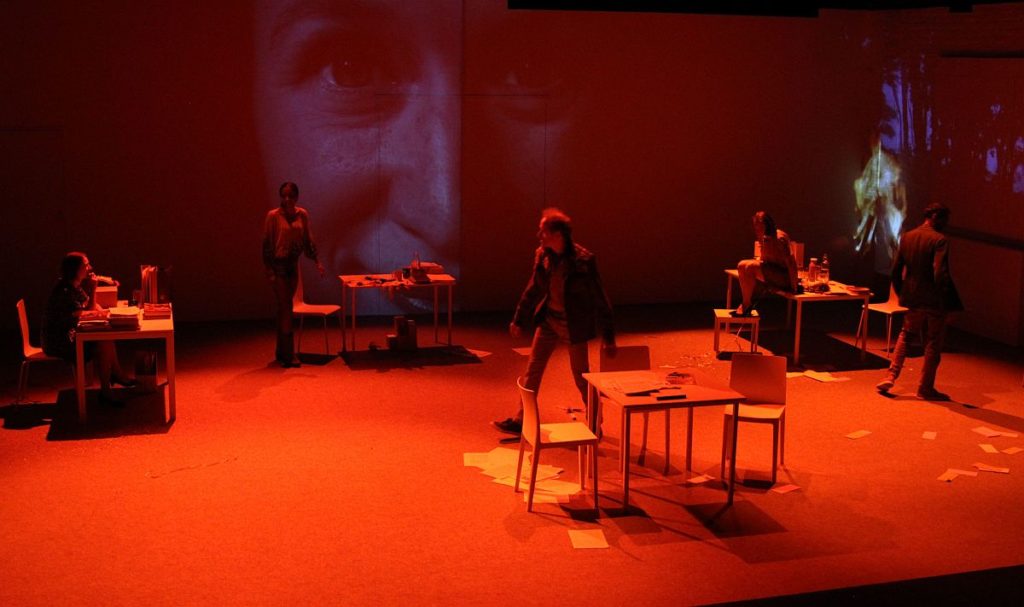
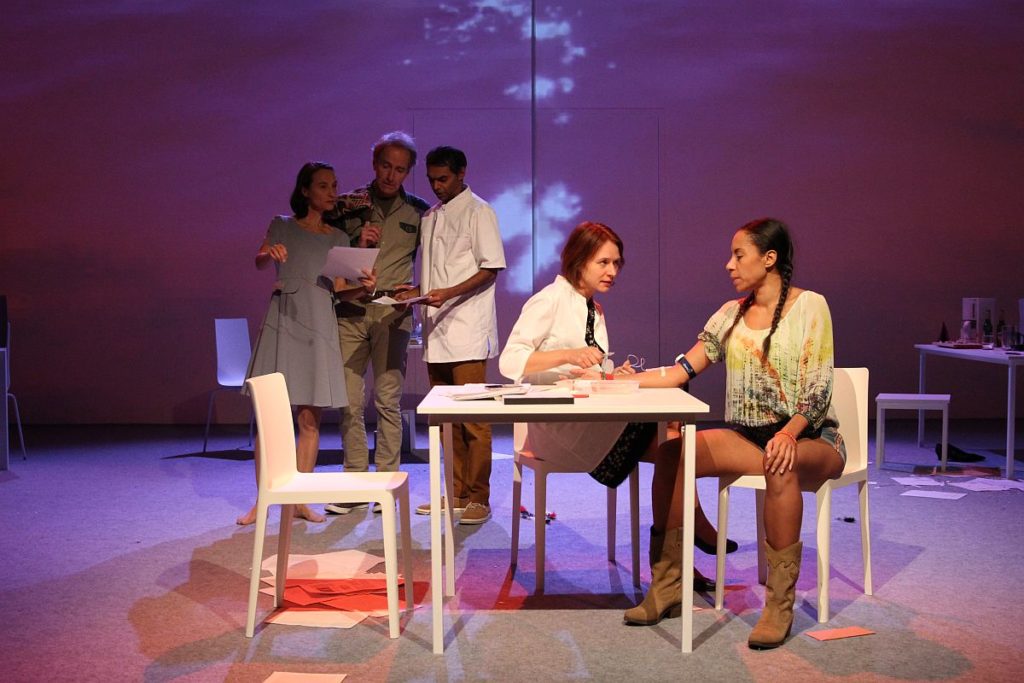
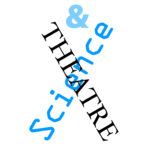
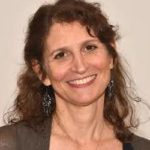 Deborah Zoe Laufer grew up in Liberty, New York. She attended State University of New York at Purchase and Juilliard School in New York City, where she graduated from the Lila Acheson Wallace American Playwrights Program in 2000, and was also the playwright-in-residence. Her works have been produced at Ensemble Studio Theatre, Steppenwolf Theatre Company, Cincinnati Playhouse in the Park, Actor’s Theatre of Louisville, Portland Stage and eighty other theaters around the country, in Germany, Russia and Canada. Her plays include The Last Schwartz, Fortune, End Days, Out of Streno, Sirens, Leveling Up, Meta, The Three Sisters of Weehawken, The Gulf of Westchester, Miniatures, and Random Acts.
Deborah Zoe Laufer grew up in Liberty, New York. She attended State University of New York at Purchase and Juilliard School in New York City, where she graduated from the Lila Acheson Wallace American Playwrights Program in 2000, and was also the playwright-in-residence. Her works have been produced at Ensemble Studio Theatre, Steppenwolf Theatre Company, Cincinnati Playhouse in the Park, Actor’s Theatre of Louisville, Portland Stage and eighty other theaters around the country, in Germany, Russia and Canada. Her plays include The Last Schwartz, Fortune, End Days, Out of Streno, Sirens, Leveling Up, Meta, The Three Sisters of Weehawken, The Gulf of Westchester, Miniatures, and Random Acts.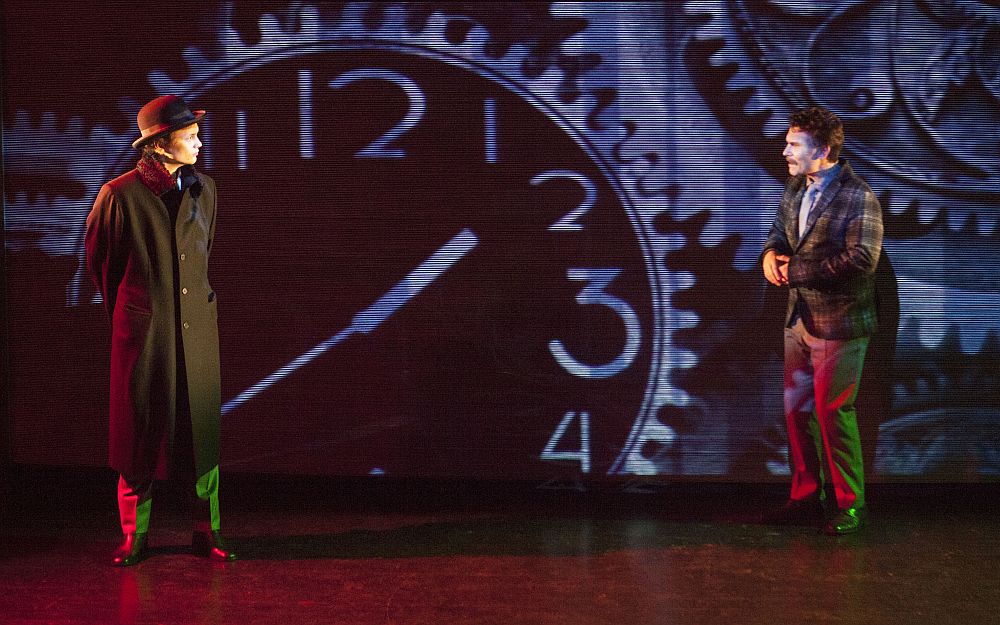 The foundations of European society were being shaken and World War I was about to deal them a final blow when Albert Einstein presented his general theory of relativity in Berlin on November 25, 1915 – now even space, time, gravity and the cosmos were no longer what they used to be. Everything seemed to be relative, all conventions were crumbling and God had left the building.
The foundations of European society were being shaken and World War I was about to deal them a final blow when Albert Einstein presented his general theory of relativity in Berlin on November 25, 1915 – now even space, time, gravity and the cosmos were no longer what they used to be. Everything seemed to be relative, all conventions were crumbling and God had left the building.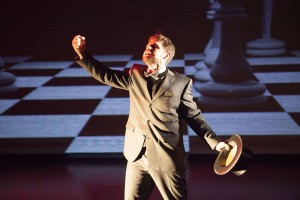 Robert Marc Friedman’s new play tells a tale of strained friendships, the search for new perspectives and scientific integrity against a backdrop of a fierce battle between uncompromising opponents in a decaying society.
Robert Marc Friedman’s new play tells a tale of strained friendships, the search for new perspectives and scientific integrity against a backdrop of a fierce battle between uncompromising opponents in a decaying society.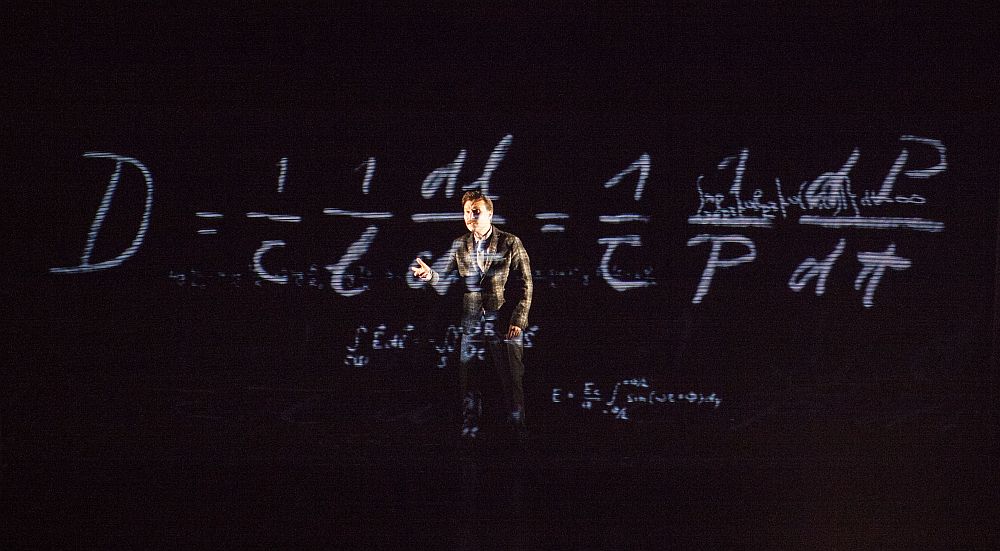
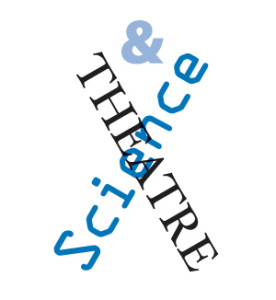 Within a few years, Einstein emerged as an internationally-acclaimed scientist comparable to Copernicus or Newton. In Stockholm, however, the Nobel Committee for Physics resisted the massive support for his theories of relativity. What was at stake was whether or not a prize should go to Einstein and his “corrupt Jewish science,” as it was called by those who would soon instigate the next European catastrophe.
Within a few years, Einstein emerged as an internationally-acclaimed scientist comparable to Copernicus or Newton. In Stockholm, however, the Nobel Committee for Physics resisted the massive support for his theories of relativity. What was at stake was whether or not a prize should go to Einstein and his “corrupt Jewish science,” as it was called by those who would soon instigate the next European catastrophe.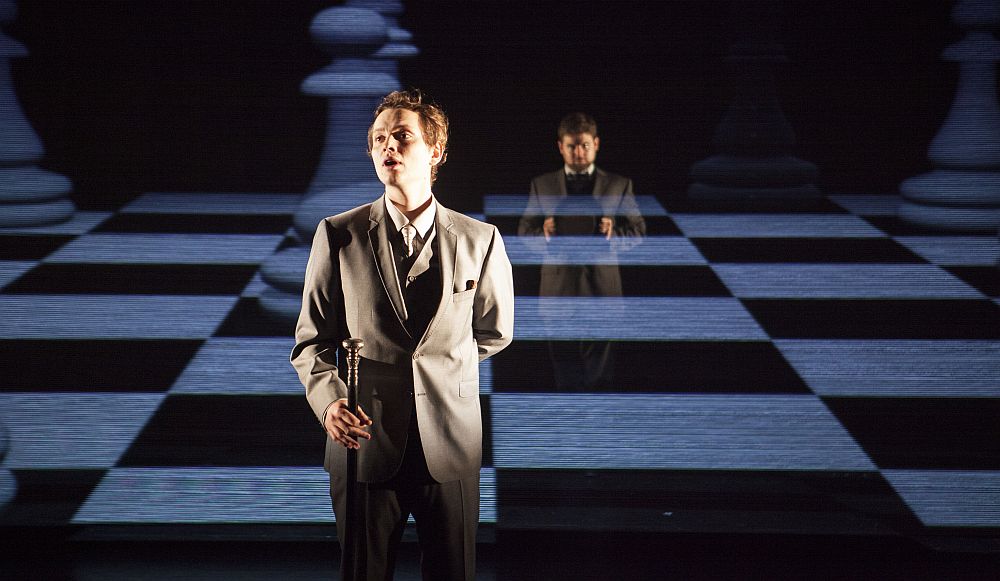
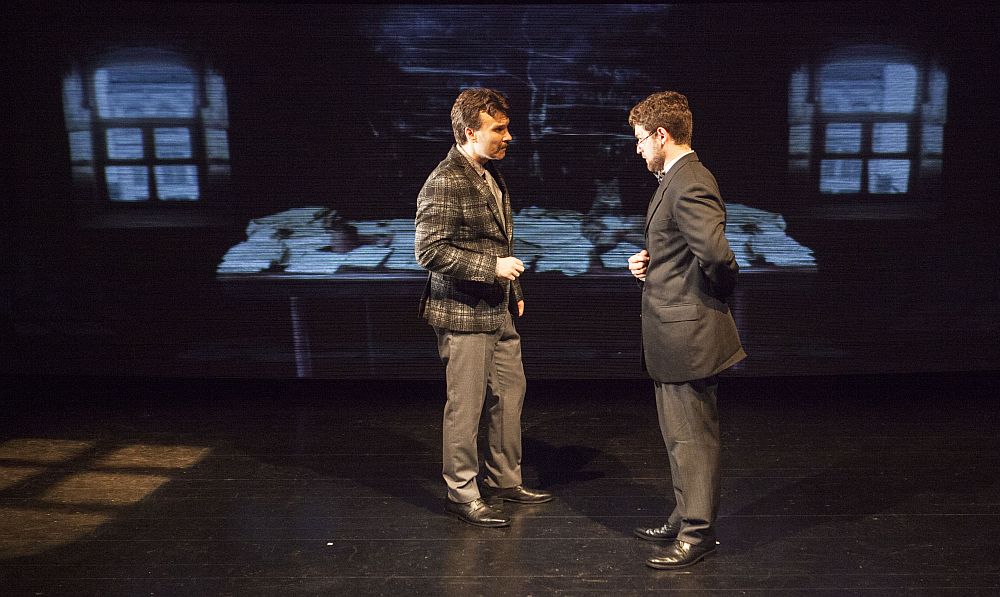
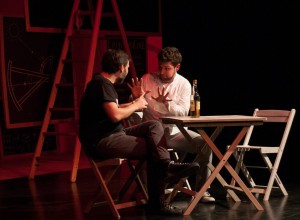 Isaac Newton wants to become a member of the Royal Society. Robert Hooke wants to know what Newton knows. Catherine wants to have a family. The guy with the plague wants to stay alive. They conduct a risky experiment.
Isaac Newton wants to become a member of the Royal Society. Robert Hooke wants to know what Newton knows. Catherine wants to have a family. The guy with the plague wants to stay alive. They conduct a risky experiment.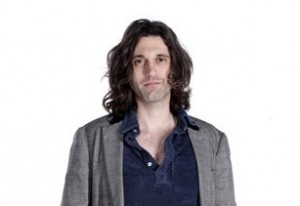 Lucas Hnath is one of the most promising voices in contemporary US theater. His other plays include Death Tax, NightNight, A Public Reading of an Unproduced Screenplay about the Death of Walt Disney , Red Speedo and The Christians. A resident playwright at New Dramatists since 2011, Lucas Hnath has enjoyed playwriting residencies with The Royal Court Theatre, London and 24Seven Lab, New York. He is a two-time winner of the Alfred P. Sloan Foundation Grant for his feature-length screenplays, The Painting, the Machine and the Apple and Still Life. He received both his BFA and MFA from NYU’s Department of Dramatic Writing and is a lecturer in NYU’s Expository Writing Program.
Lucas Hnath is one of the most promising voices in contemporary US theater. His other plays include Death Tax, NightNight, A Public Reading of an Unproduced Screenplay about the Death of Walt Disney , Red Speedo and The Christians. A resident playwright at New Dramatists since 2011, Lucas Hnath has enjoyed playwriting residencies with The Royal Court Theatre, London and 24Seven Lab, New York. He is a two-time winner of the Alfred P. Sloan Foundation Grant for his feature-length screenplays, The Painting, the Machine and the Apple and Still Life. He received both his BFA and MFA from NYU’s Department of Dramatic Writing and is a lecturer in NYU’s Expository Writing Program.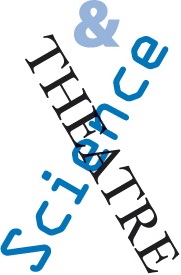 Isaac’s Eye is part five of
Isaac’s Eye is part five of 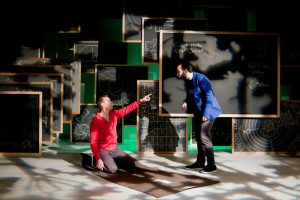 Isaac Newton wants to become a member of the Royal Society. Catherine wants to start a family.
Isaac Newton wants to become a member of the Royal Society. Catherine wants to start a family.
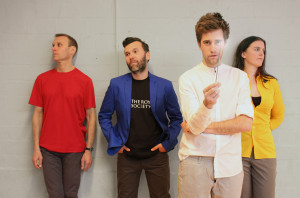 Isaac Newton wants to become a member of the Royal Society. Catherine wants to start a family.
Isaac Newton wants to become a member of the Royal Society. Catherine wants to start a family.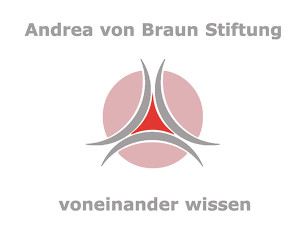
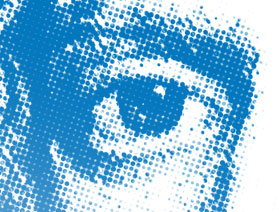 Young Isaac Newton desperately wants to become a member of the club of clubs for scientists, the Royal Society. In order to convince Robert Hooke, the institution’s curator of experiments, he sticks a needle into his tear duct to prove that light is made of particles. Ouch!!! And if science won’t do it there is another way: Hooke keeps a detailed diary of his sex life …
Young Isaac Newton desperately wants to become a member of the club of clubs for scientists, the Royal Society. In order to convince Robert Hooke, the institution’s curator of experiments, he sticks a needle into his tear duct to prove that light is made of particles. Ouch!!! And if science won’t do it there is another way: Hooke keeps a detailed diary of his sex life …